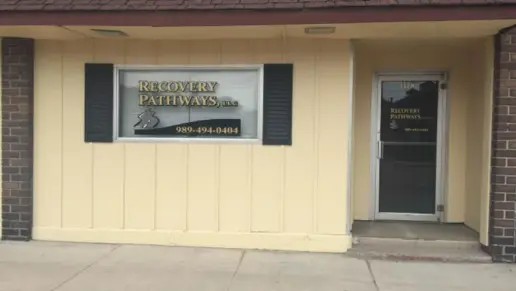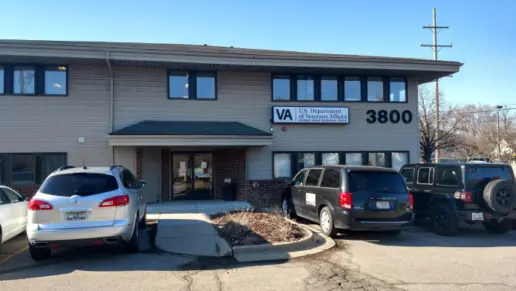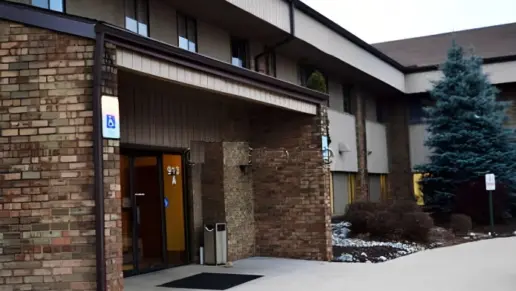About Sacred Heart Rehabilitation Center Madison Heights Recovery & Wellness Services
Sacred Heart Rehabilitation Center Madison Heights Recovery and Wellness Services is in Madison Heights, Michigan. They specialize in outpatient and medication assisted treatment for adults who are experiencing drug addiction. If you have acute conditions or need residential care, they can refer you to another Sacred Heart site.
The outpatient program consists of group and individual therapy. You’ll recover with others and build on each others’ experiences. These programs can be done on site or via telehealth. If you choose the telehealth option, you’ll have to access it by downloading an app.
Counseling is also provided with medication assisted treatment. If you have withdrawal pains or cravings, they can provide meds that can help make your recovery more comfortable. This can include naltrexone, buprenorphine, and methadone, depending on your needs.
Sacred Heart has additional tracks that include a women’s program, housing, and social services. These are in other locations throughout Michigan. Your case manager can refer you to these services if need be.
Latest Reviews
Rehab Score
Gallery
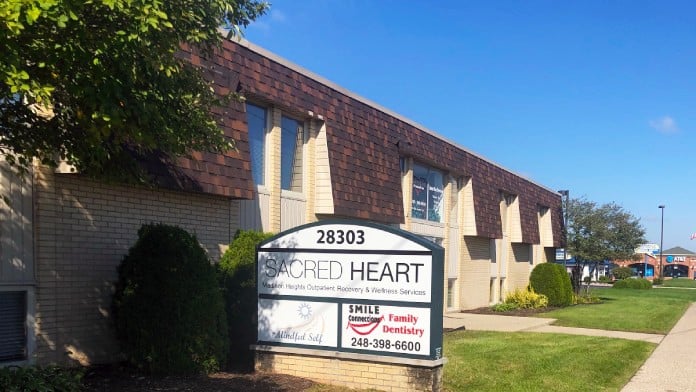
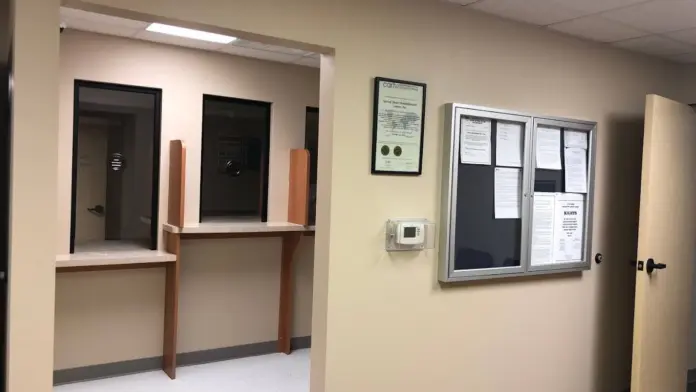
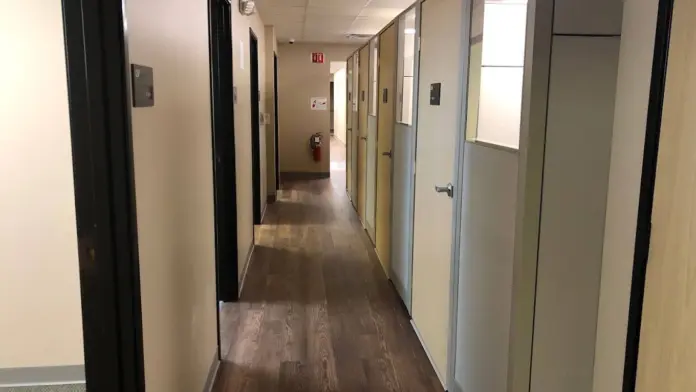
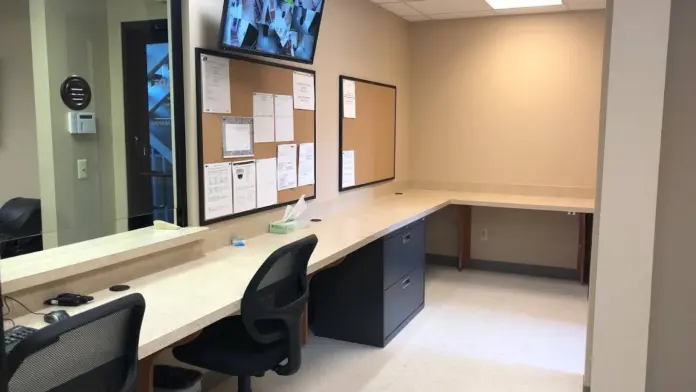
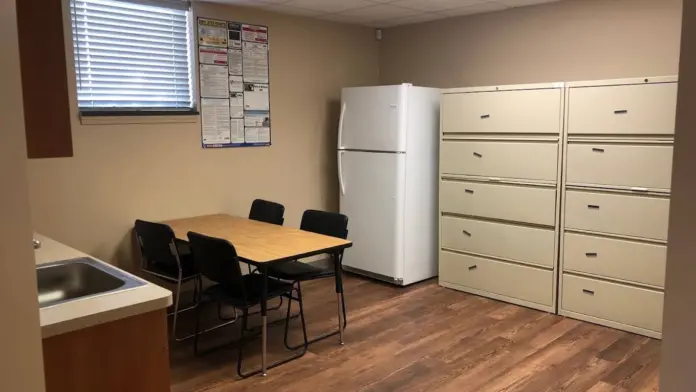
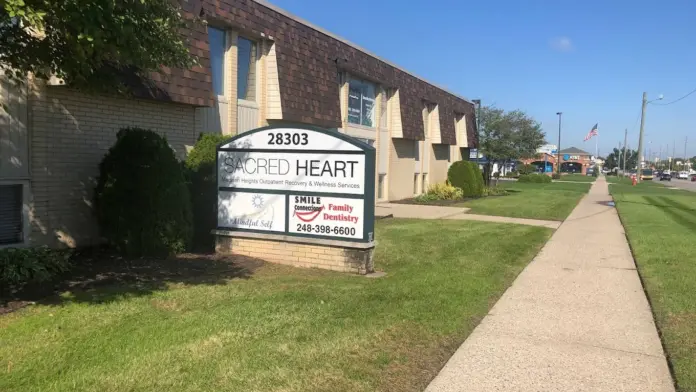
Location
Other Forms of Payment
Private insurance refers to any kind of healthcare coverage that isn't from the state or federal government. This includes individual and family plans offered by an employer or purchased from the Insurance Marketplace. Every plan will have different requirements and out of pocket costs so be sure to get the full details before you start treatment.
Self-pay involves paying for treatment out of your own pocket. You can use savings or credit, get a personal loan, or receive help from family and friends to fund your treatment. If you don't have insurance or your insurance plan doesn't cover a specific program, self-pay can help ensure you still get the care you need.
Financial aid can take many forms. Centers may have grants or scholarships available to clients who meet eligibility requirements. Programs that receive SAMHSA grants may have financial aid available for those who need treatment as well. Grants and scholarships can help you pai for treatment without having to repay.
Addiction Treatments
Levels of Care
Programs

Clinical Services
Group therapy sessions in Michigan allow you to share responsibility with your peers in a group setting. This fosters a collective commitment to achieve sobriety and learn coping skills that are essential to improving your relationships and reducing your stress levels.
Personalized therapy sessions for drug addiction emphasize understanding your background and behavioral triggers for substance use. Your therapist will collaborate with you to create an effective coping strategy and address underlying issues that clear the way for lasting change.
Both internal and external factors can put stress on a relationship. Couples therapy helps you and your partner work through those stressors and find healthy ways to deal with challenges as they arise.
Family therapy is often recommended for family units with a member undergoing drug or alcohol rehabilitation. Family therapy helps to foster communication and conflict resolution that creates a supportive environment. This helps the loved one who is struggling with addiction.
Amenities
-
Residential Setting
-
Private Rooms
Accreditations

The Commission on Accreditation of Rehabilitation Facilities (CARF) is a non-profit organization that specifically accredits rehab organizations. Founded in 1966, CARF's, mission is to help service providers like rehab facilities maintain high standards of care.
CARF Accreditation: Yes

The National Association of Addiction Treatment Providers (NAATP) is a professional association that represents organizations in the field of addiction services. Founded in 1978, NAATP's mission is to advance addiction services and ensure that high-quality addiction treatment is available and accessible.
NAATP Member: Yes
Contact Information
28303 Dequindre Rd
#100
Madison Heights, MI 48071
